Thepackingcroco - ThePackingCroco

More Posts from Thepackingcroco and Others



State Emergency Service workers in Dnipro, Ukraine





The english language doesn't really have the word arki. It's the word for everyday things, mundane ordinary life. Turned into an adjective, arkinen, it describes all the things of unadorned, everyday, routine and regular, the things you don't really think of because you do them every day. When combined with the word päivä, day, it becomes arkipäivä, workday, which stands in contrast both to weekends, and to vacations, celebrations and holidays. Arkipäivä is simply a day which is not special, in any particular way.
People who like being poetic may talk about harmaa arki, "the grey everyday", when they talk about the ordinary daily grind, and those who like being even more poetic than that may make remarks like "arki on helmenharmaa", the pearly grey everyday - though not brightly coloured, the ordinary chain of a regular day after a regular day can still be beautiful, and dimly shiny and brilliant in its own ordinary way.
I didn't exactly hit the ground running when my plane landed, only taking a quick perfunctory shower before heading to bed, and I spent most of yesterday just sleeping, only getting up to eat. But now it's thursday, 9:30 am, and I'm back at home and on my feet. I had an appointment with my therapist this morning and I'm on my walk home. I decided to get myself a cardboard cup of coffee on the go, and sat down at the park for a minute before continuing on my way. It's autumn, and the park water fountain has already been turned off. There are kids on their way to school with their backpacks, construction workers in their green-and-black overalls, and no more tourists.
Nevermind, the water fountain just spluttered back into motion as I was typing this. Nonetheless, it's still quiet, cool and cloudy, and the sky and the air are still a splendid, bright pearly grey.
I think I'll do laundry today.
I just got a reply by someone who apparently namesearches racism (to argue against it existing), sex work (to argue it shouldn't exist), and factorio (to argue for it).
do people just roll dice to pick their three hills to die on?
Kinda feel like there's some untapped meme/reaction image potential from old horror movie trailers...
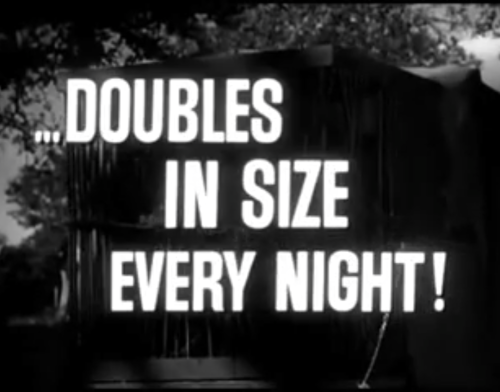
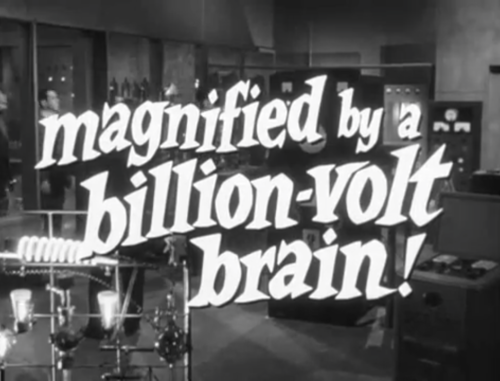
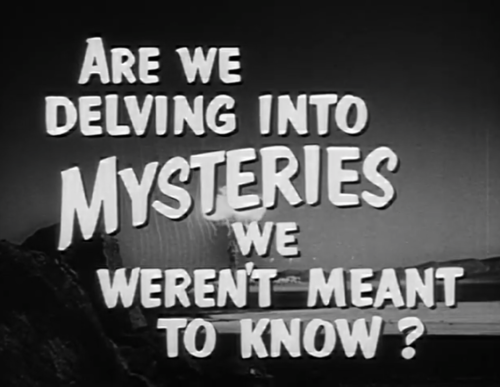
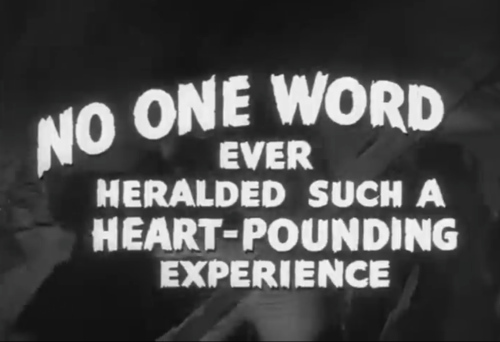
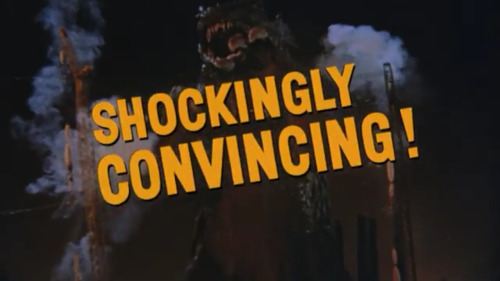
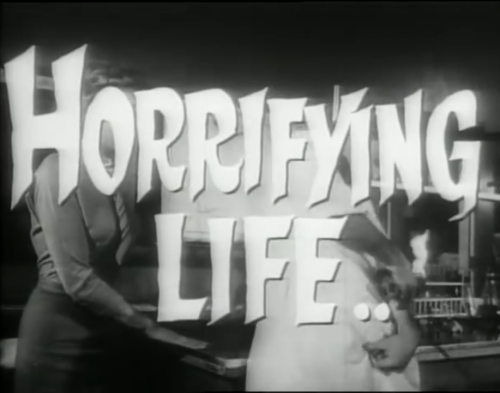
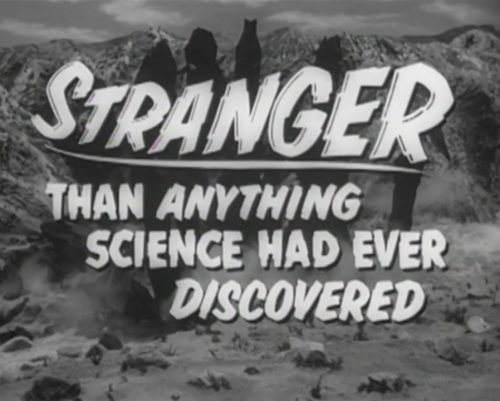
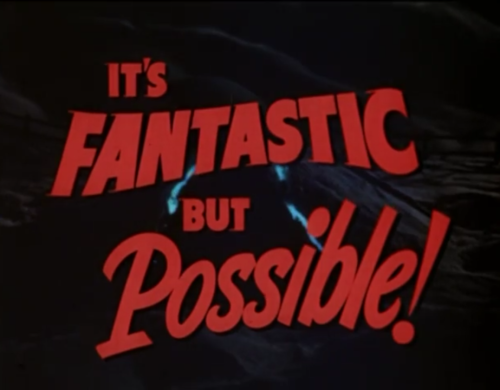
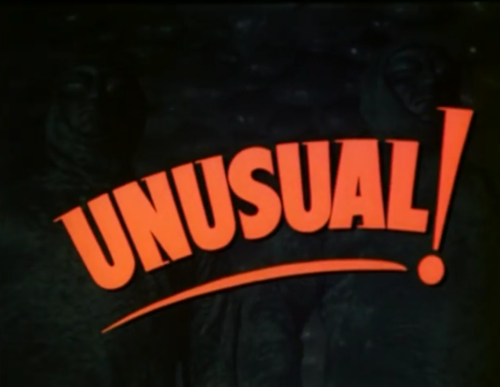
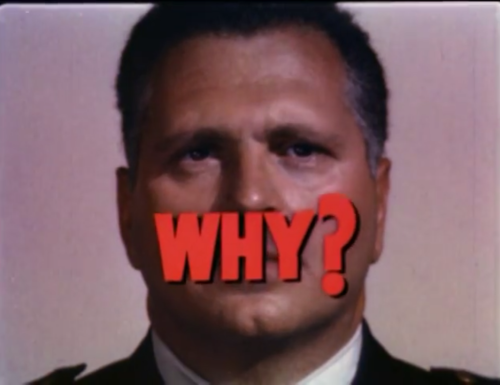
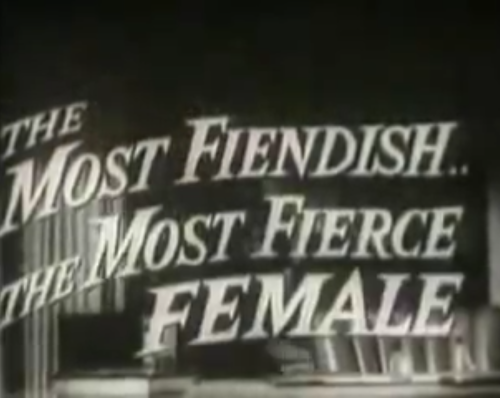
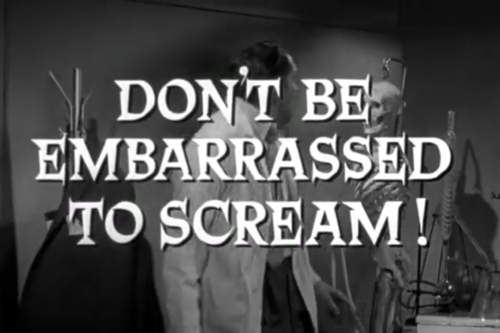
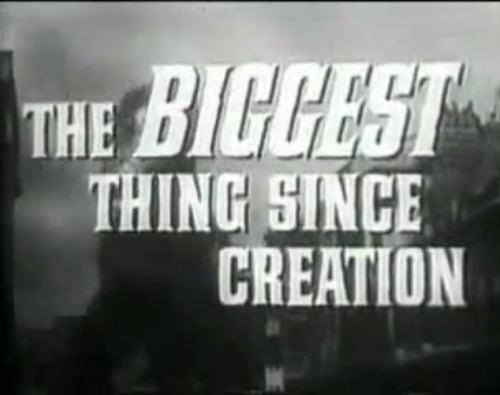
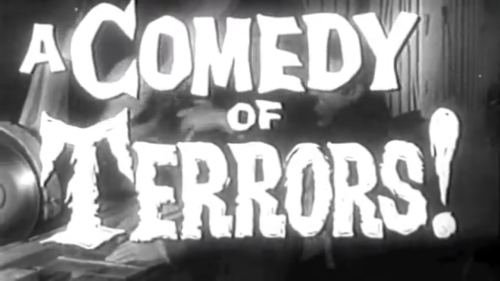
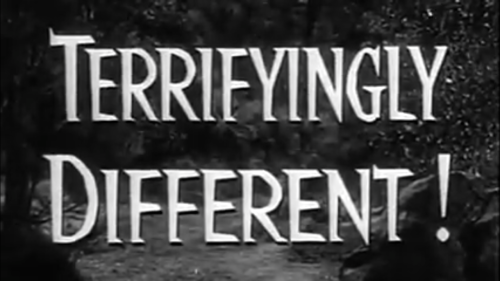

Uhka vai mahdollisuus: kaupunginjohtaja tumpusta
People tend to have this idea that the middle ages were nothing but drab, crude, bleak and joyless, going back and forth between grey and dull and vividly, explicitly horrifying. That the people were harsh, judgemental, prejudiced, uneducated to the point of being uncivilised, and that their lives consisted of nothing but brutal survival, sickness death and short lifespans. If you look at movies set in the medieval era, you'd think that the weather was never anything but cloudy at best, foggy, raining or freezing. Everything's brown, grey, and covered in mud or shit.
Sure, it was brutal at times, people were quite familiar with disease, poverty, violence and death as parts of everyday life, but it wasn't all that bad all of the time. There was colour and sunshine sometimes, genuine joy, mirth and beauty. Hope and kindness just as much as there was despair and death - and the starkness between the two perhaps made both far clearer. You could live a pretty good life if you were both fortunate and careful - and if you weren't, yeah you might also get stabbed. A brutal world, but not without beauty.
Much like the city of Kouvola.
My boyfriend just woke up, mostly still asleep and told me “don’t worry, it’s getting better” in a heavy, American accent, which is unusual for an Australian man.
“Why are you American?” I asked, to which I got:
“Sorry, it’s getting better” in a stereotypical posh English accent.
“Why are you English?” I asked, amused.
“What is he normally?” He managed to ask.
“He? You’re not anyone else, you’re you.”
“Ugh, me” was the last thing he said, in a right proper Aussie accent before he fell back into proper sleep.
-
 i-got-a-little-too-silly liked this · 1 week ago
i-got-a-little-too-silly liked this · 1 week ago -
 winterbirch liked this · 1 week ago
winterbirch liked this · 1 week ago -
 luihuinen liked this · 2 weeks ago
luihuinen liked this · 2 weeks ago -
 murderbookghost liked this · 2 weeks ago
murderbookghost liked this · 2 weeks ago -
 tulppaana reblogged this · 3 weeks ago
tulppaana reblogged this · 3 weeks ago -
 tulppaana liked this · 3 weeks ago
tulppaana liked this · 3 weeks ago -
 agnome01 liked this · 4 weeks ago
agnome01 liked this · 4 weeks ago -
 ruskalehto reblogged this · 4 weeks ago
ruskalehto reblogged this · 4 weeks ago -
 levantree liked this · 1 month ago
levantree liked this · 1 month ago -
 haltijakapala liked this · 1 month ago
haltijakapala liked this · 1 month ago -
 ribarel reblogged this · 1 month ago
ribarel reblogged this · 1 month ago -
 theguyfromtheinternet liked this · 1 month ago
theguyfromtheinternet liked this · 1 month ago -
 poets-cinema liked this · 1 month ago
poets-cinema liked this · 1 month ago -
 thetwobosses liked this · 1 month ago
thetwobosses liked this · 1 month ago -
 raapija liked this · 1 month ago
raapija liked this · 1 month ago -
 playinglleaflet reblogged this · 1 month ago
playinglleaflet reblogged this · 1 month ago -
 playinglleaflet liked this · 1 month ago
playinglleaflet liked this · 1 month ago -
 mackupiippu reblogged this · 1 month ago
mackupiippu reblogged this · 1 month ago -
 mackupiippu liked this · 1 month ago
mackupiippu liked this · 1 month ago -
 aquariuspearl14 liked this · 1 month ago
aquariuspearl14 liked this · 1 month ago -
 innyatima liked this · 1 month ago
innyatima liked this · 1 month ago -
 extravagant-tomfoolery reblogged this · 1 month ago
extravagant-tomfoolery reblogged this · 1 month ago -
 brutaaliankkaelain reblogged this · 1 month ago
brutaaliankkaelain reblogged this · 1 month ago -
 sixparasites liked this · 2 months ago
sixparasites liked this · 2 months ago -
 evelovesfighting liked this · 2 months ago
evelovesfighting liked this · 2 months ago -
 kirra-qween115 liked this · 2 months ago
kirra-qween115 liked this · 2 months ago -
 john-liberal liked this · 2 months ago
john-liberal liked this · 2 months ago -
 hanavesinauttija reblogged this · 2 months ago
hanavesinauttija reblogged this · 2 months ago -
 jaaama reblogged this · 2 months ago
jaaama reblogged this · 2 months ago -
 vittukettu liked this · 2 months ago
vittukettu liked this · 2 months ago -
 voihelevetti reblogged this · 2 months ago
voihelevetti reblogged this · 2 months ago -
 machetazos88 liked this · 2 months ago
machetazos88 liked this · 2 months ago -
 mikotiini reblogged this · 2 months ago
mikotiini reblogged this · 2 months ago -
 mikotiini liked this · 2 months ago
mikotiini liked this · 2 months ago -
 fenyylihydroksidi reblogged this · 2 months ago
fenyylihydroksidi reblogged this · 2 months ago -
 valmistusvirhe reblogged this · 2 months ago
valmistusvirhe reblogged this · 2 months ago -
 valmistusvirhe liked this · 2 months ago
valmistusvirhe liked this · 2 months ago -
 teepussilakana reblogged this · 2 months ago
teepussilakana reblogged this · 2 months ago -
 teepussilakana liked this · 2 months ago
teepussilakana liked this · 2 months ago -
 iwantabatlleaxe liked this · 2 months ago
iwantabatlleaxe liked this · 2 months ago -
 just-spacetrash reblogged this · 2 months ago
just-spacetrash reblogged this · 2 months ago -
 just-spacetrash liked this · 2 months ago
just-spacetrash liked this · 2 months ago -
 avaruushomo reblogged this · 2 months ago
avaruushomo reblogged this · 2 months ago -
 tammenterskanroskalava reblogged this · 2 months ago
tammenterskanroskalava reblogged this · 2 months ago -
 tammenterhoh liked this · 2 months ago
tammenterhoh liked this · 2 months ago -
 sallasdd reblogged this · 2 months ago
sallasdd reblogged this · 2 months ago -
 sallasdd liked this · 2 months ago
sallasdd liked this · 2 months ago -
 wuekka reblogged this · 2 months ago
wuekka reblogged this · 2 months ago -
 wuekka liked this · 2 months ago
wuekka liked this · 2 months ago -
 kestokuitukivekset reblogged this · 2 months ago
kestokuitukivekset reblogged this · 2 months ago
